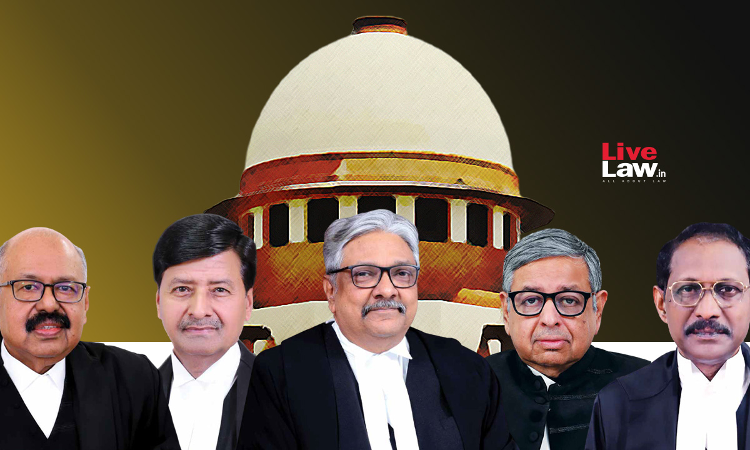A Constitution Bench of the Supreme Court, on Wednesday, reserved order in the reference, which pertains to the issue - whether the arbitration clause in a contract, which is required to be registered and stamped, but is not registered and stamped, is valid and enforceable.A 5-Judge Bench, comprising Justice K.M. Joseph, Justice Ajay Rastogi, Justice Aniruddha Bose, Justice Hrishikesh Roy...

